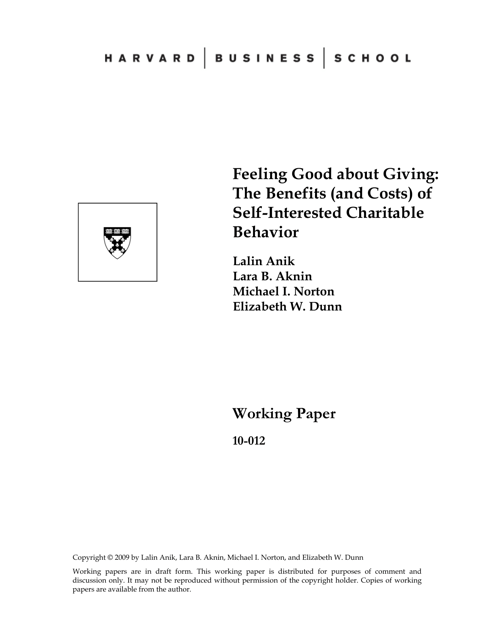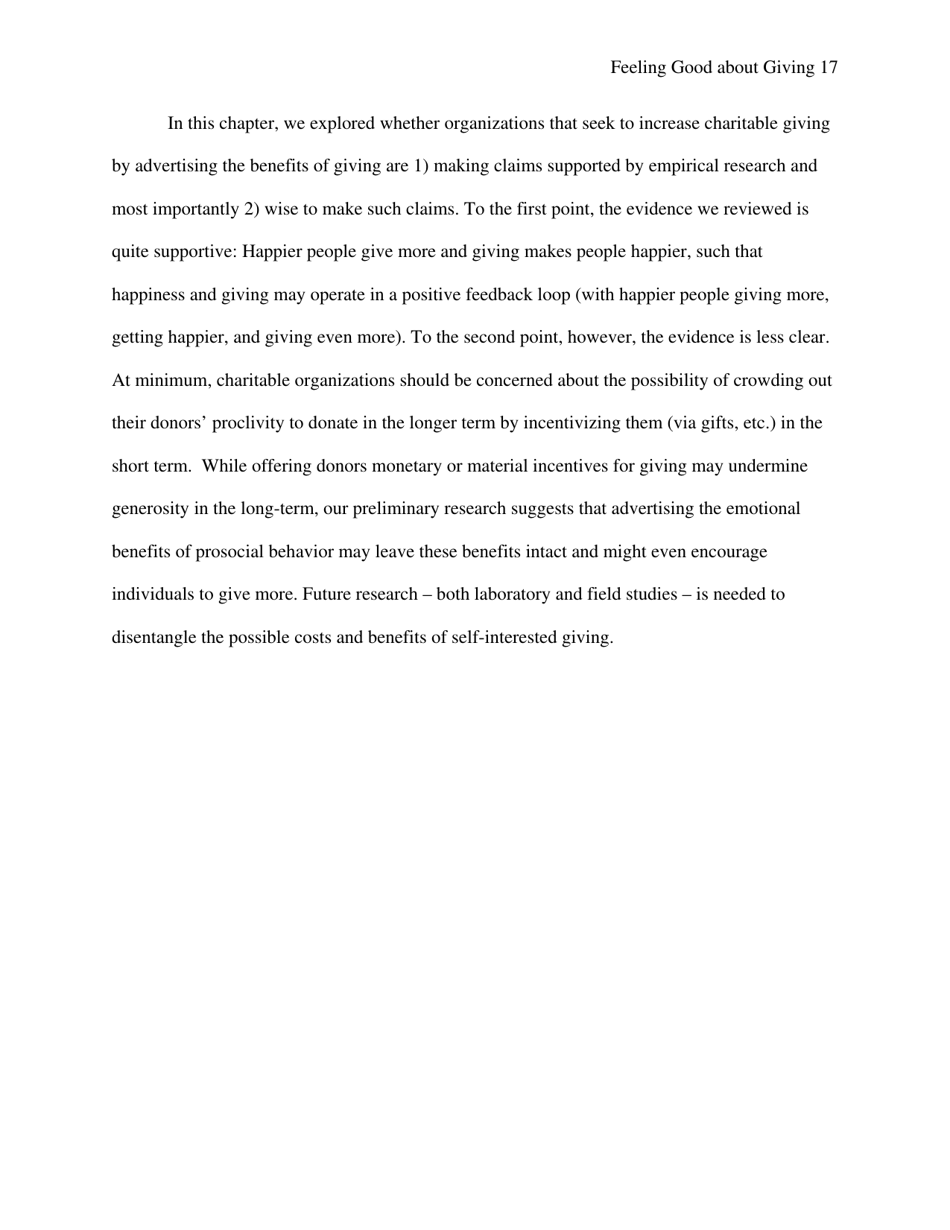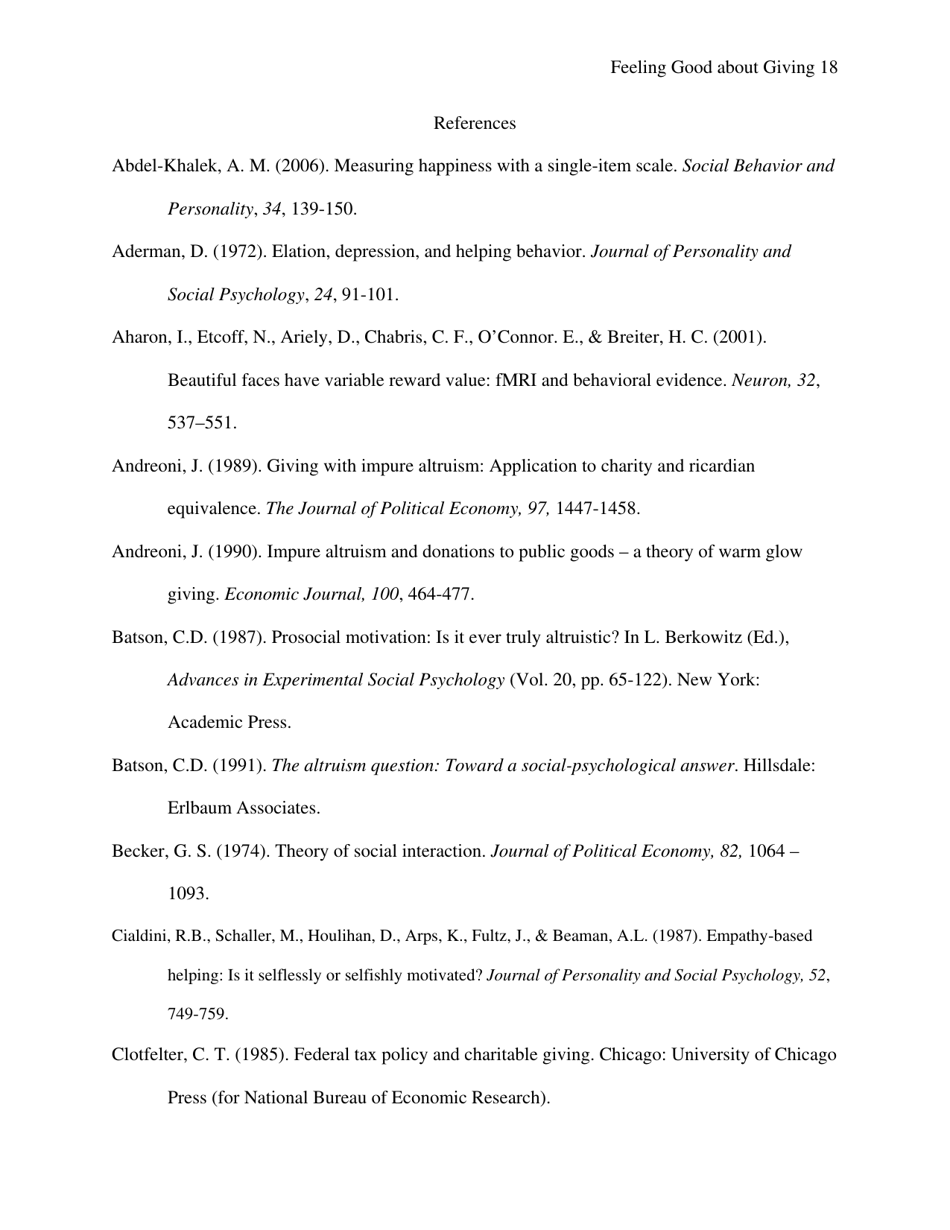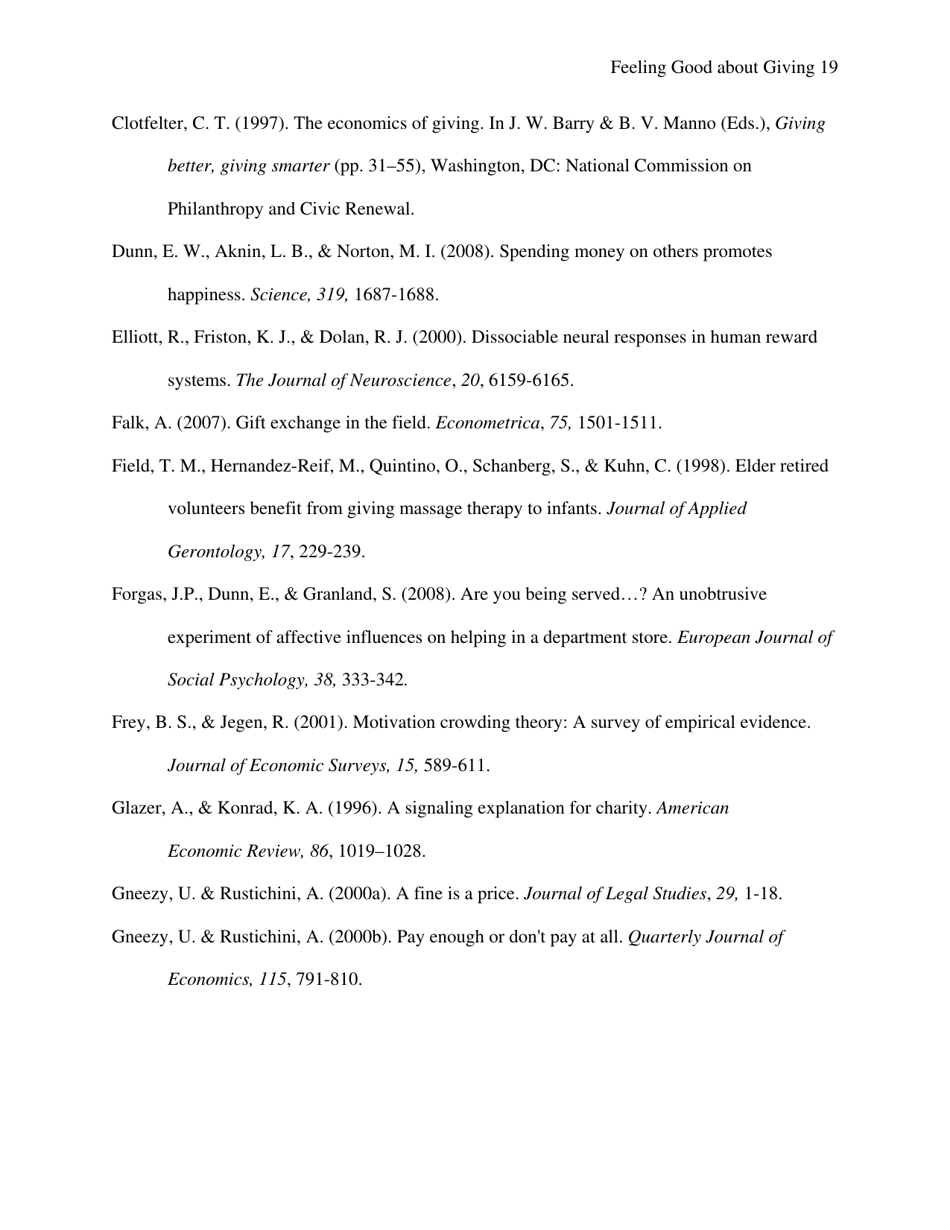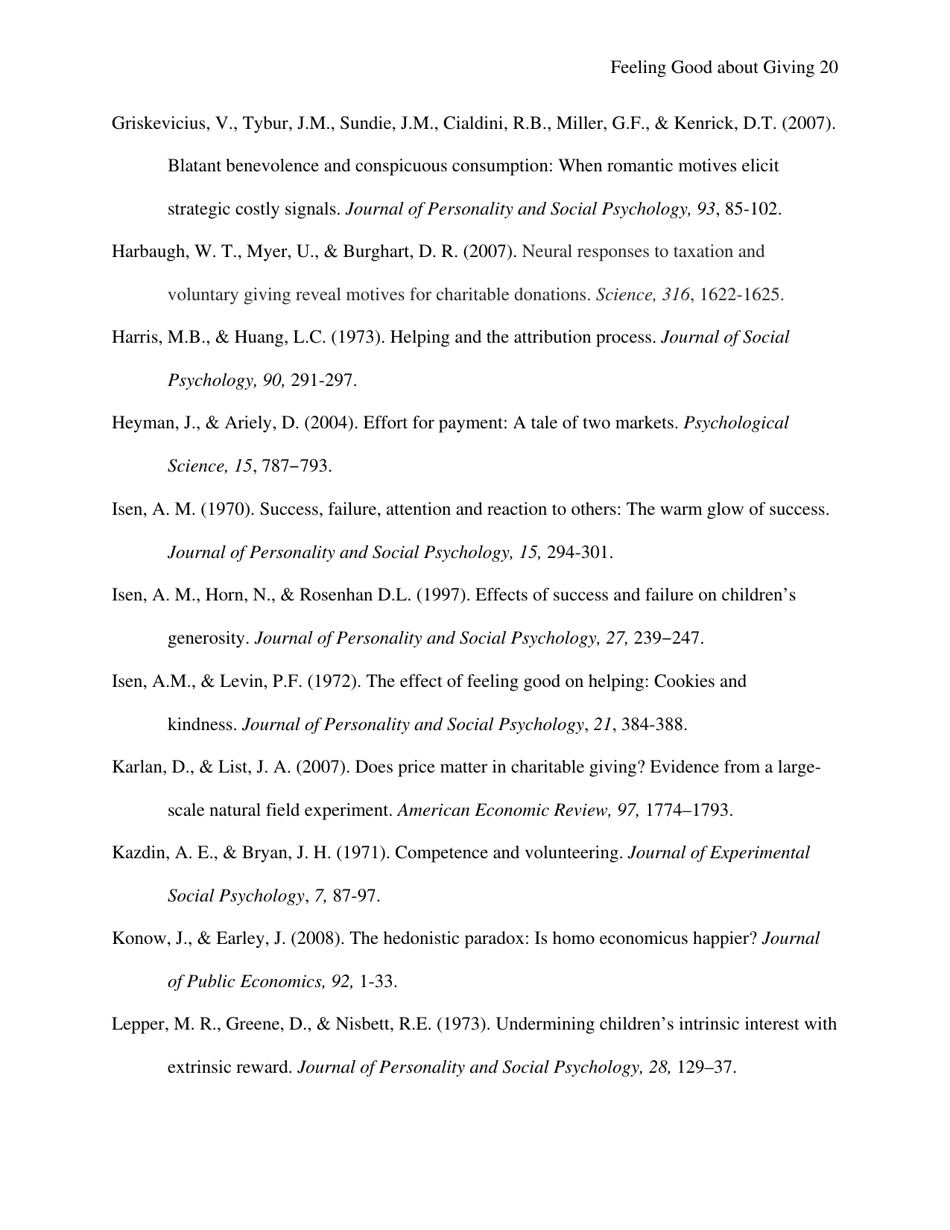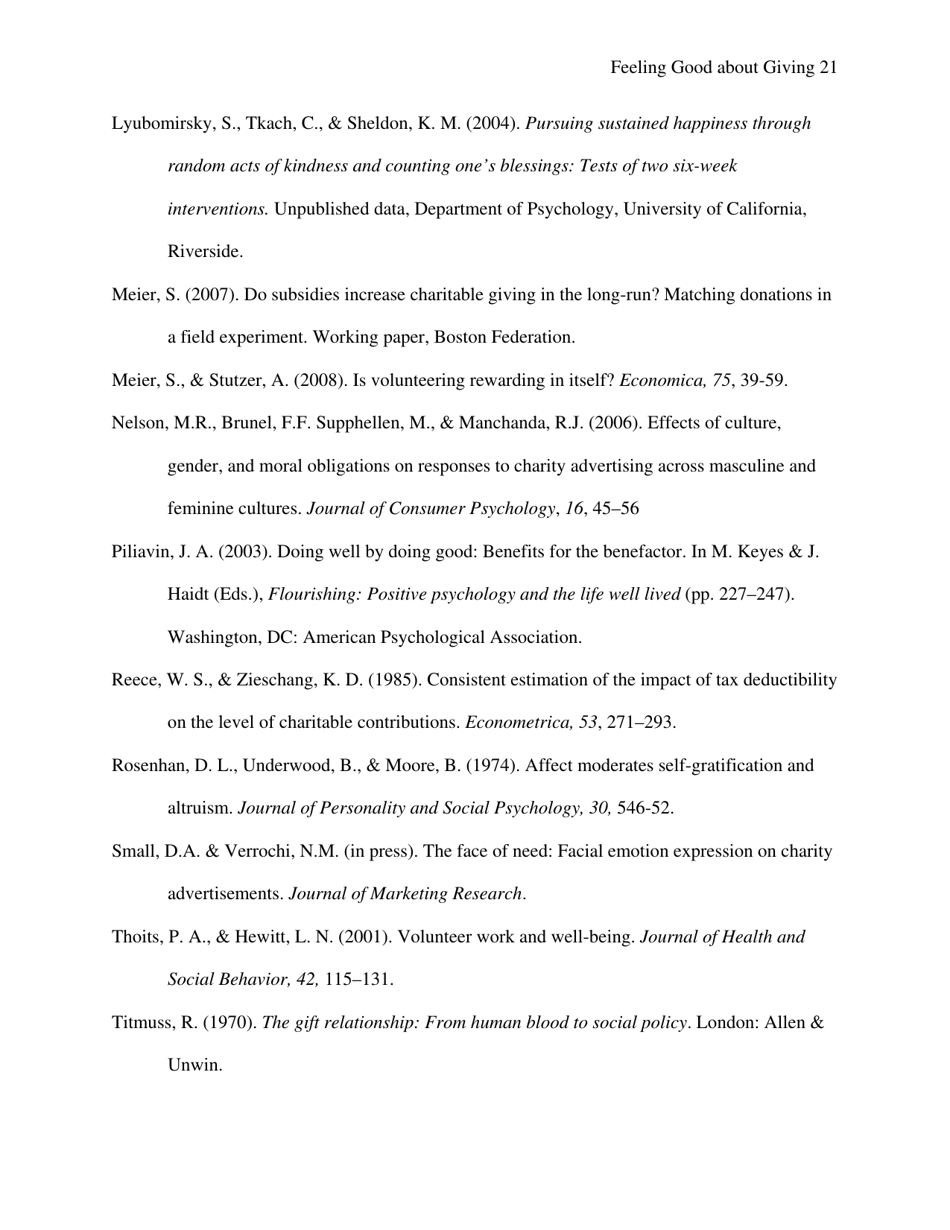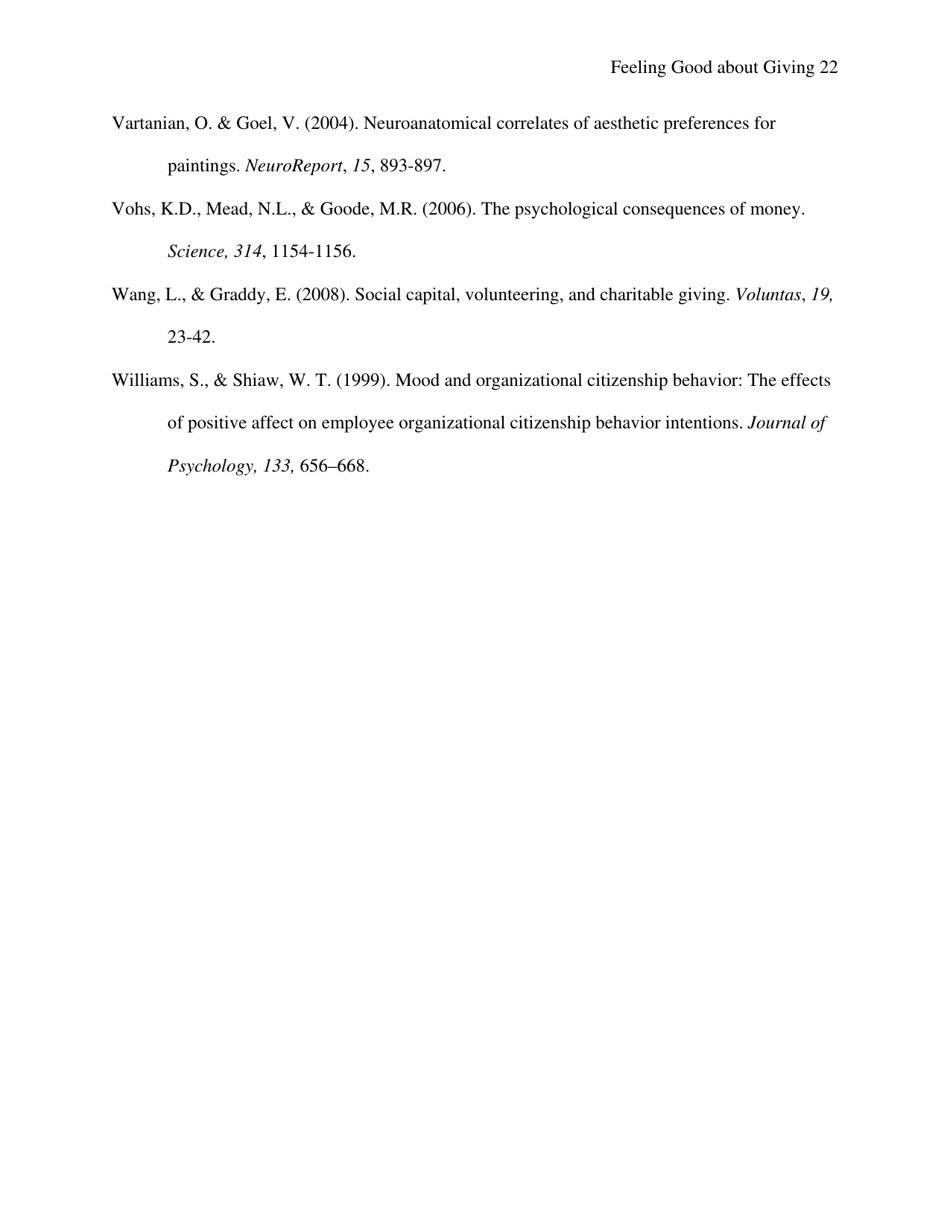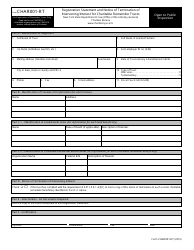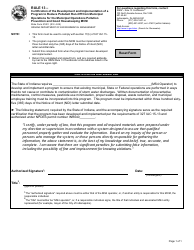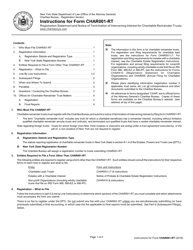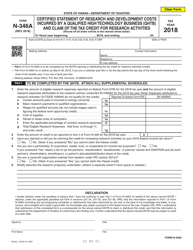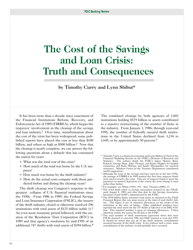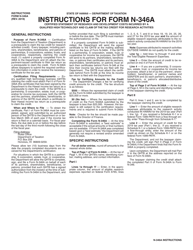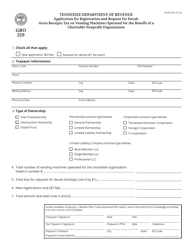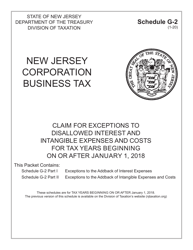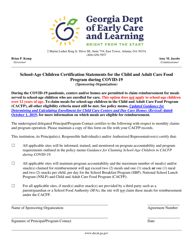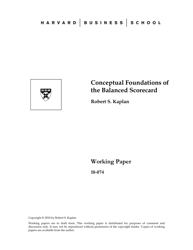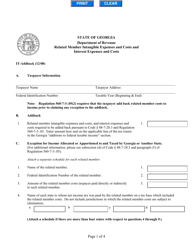Feeling Good About Giving: the Benefits (And Costs) of Self-interested Charitable Behavior - Harvard Business School
"Feeling Good About Giving: the Benefits (And Costs) of Self-interested Charitable Behavior" is a publication by the Harvard Business School that explores the advantages and disadvantages of charitable behavior driven by self-interest. It examines how individuals can benefit personally from giving and the potential costs associated with such behavior.
The author of the document "Feeling Good About Giving: the Benefits (And Costs) of Self-interested Charitable Behavior" from Harvard Business School is George A. Akerlof.
FAQ
Q: What is the document about?
A: The document is about the benefits and costs of self-interested charitable behavior.
Q: Why should I feel good about giving?
A: Giving to charity can bring personal benefits, such as boosting happiness and well-being.
Q: What are the costs of self-interested charitable behavior?
A: There may be financial costs involved in giving to charity.
Q: Is self-interested charitable behavior beneficial?
A: Yes, self-interested charitable behavior can be beneficial for both the giver and the recipients of the charity.
Q: Does giving to charity make people happy?
A: Yes, giving to charity can increase happiness and well-being.
